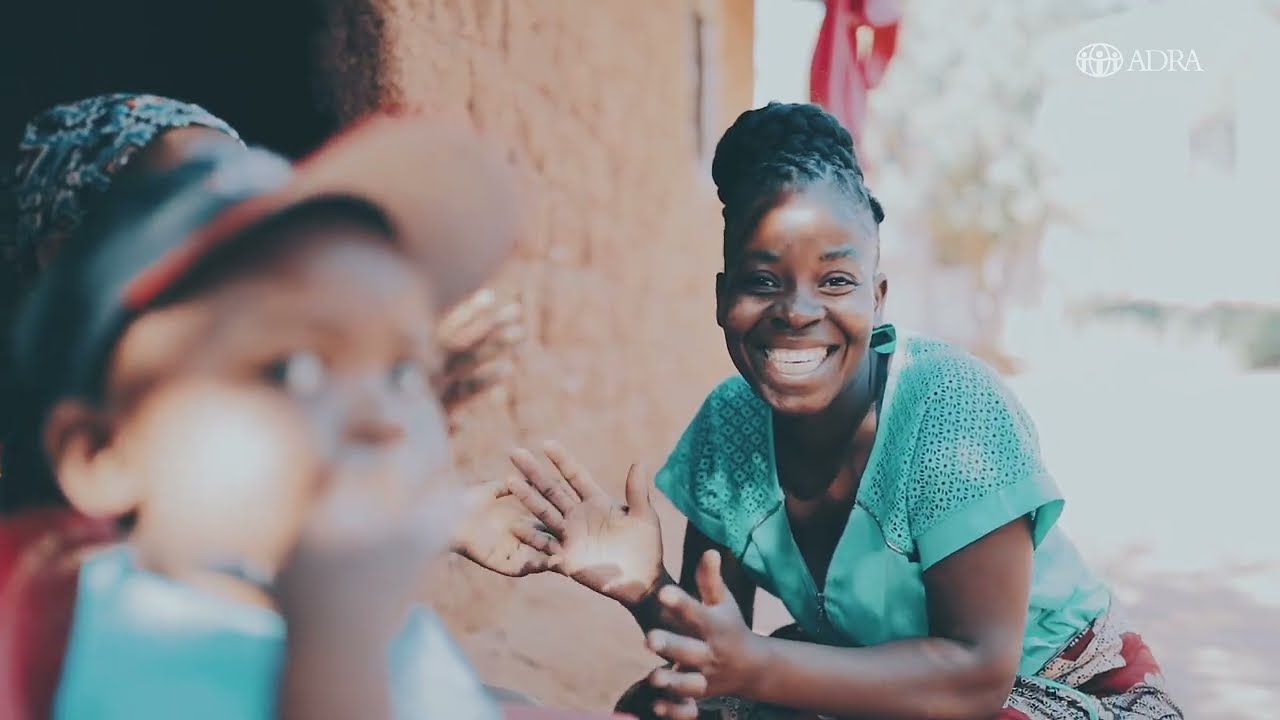
NGOCSTIP – ADRA is making a profound impact in Southeast Asia through its Child Protection Programs, especially in Bangladesh and Thailand. These initiatives focus on reducing the risk of child trafficking by offering critical support services to vulnerable communities. ADRA provides access to education for children who are often left out of traditional systems due to poverty or displacement. Alongside educational efforts, they implement social support programs to ensure families are aware of the risks and warning signs of trafficking. Moreover, awareness campaigns are held regularly in communities to promote vigilance and child safety. ADRA operates through partnerships with local organizations to amplify reach and trust within these at-risk areas. This multi-pronged approach ensures a stronger defense against exploitation while building long-term resilience among affected populations.
ADRA programs in Bangladesh and Thailand place education at the heart of their child protection strategy. When children attend school, they stay within structured and secure environments that lower their exposure to trafficking risks. These programs include both formal and informal education options, such as literacy classes for those who missed earlier schooling. Additionally, teachers receive training to recognize signs of exploitation and to offer students safe and confidential ways to report concerns. To remove obstacles for underprivileged children, the programs also provide scholarships and essential learning materials. Moreover, communities learn to view education not just as a basic right but as a powerful tool for empowerment and safety. ADRA actively engages with parents to emphasize the importance of keeping children enrolled. As a result, education creates positive ripple effects that reduce vulnerability. Ultimately, this consistent focus on learning helps communities evolve into safer and more resilient places for every child.
“Read about: The Shocking Role Politicians Play in Ending Human Trafficking And Why It Matters Now”
Another core pillar of ADRA’s approach is the delivery of social services designed to stabilize and empower families. In many cases, trafficking occurs when families are under extreme financial or emotional stress. ADRA helps by offering access to healthcare, counseling, and financial literacy programs. These services reduce desperation and build resilience against exploitation tactics. Family counseling and support groups provide platforms for discussing challenges and creating community-based solutions. ADRA staff members are present in local hubs where families can seek help confidentially and without stigma. Women and caregivers receive targeted assistance to enhance their capacity to care for children. Furthermore, vocational training for adults is provided to increase household income and reduce dependence on risky labor. When families are equipped with knowledge and tools for self-sufficiency, the overall environment becomes less susceptible to human trafficking networks.
“Read more: Your Garage Door Might Be at Risk, This Simple Bracket Is the Fix You Need!”
Public awareness represents another strategic pillar of ADRA’s programs. Teams launch community education campaigns in high-risk areas through posters, theater, radio, and local influencers. These initiatives aim to spark conversation and deepen understanding of how trafficking occurs and how communities can prevent it. Facilitators conduct all sessions in local languages to ensure clear communication. Youth groups receive training to become peer educators and watchdogs within their neighborhoods. These young leaders actively share knowledge and promote safe behaviors among their peers. Organizers involve religious leaders, teachers, and elders to strengthen credibility and expand support. They host awareness events as part of ongoing dialogues designed to shift community norms and attitudes. By encouraging consistent community participation, ADRA builds grassroots resistance to traffickers and inspires people to protect vulnerable individuals.
ADRA strengthens the effectiveness of its Child Protection Programs by building strong collaborations with governments, NGOs, and local communities. In both Bangladesh and Thailand, teams establish partnerships with educational institutions and law enforcement to present a united front. They coordinate cross-border efforts to protect children in transit or near border zones. ADRA actively participates in regional networks that focus on child protection, enabling data sharing and aligned interventions. Teams recruit and train volunteers to recognize trafficking indicators and report suspicious activities. These alliances enhance the impact of each effort and create an environment where communities can detect and disrupt trafficking more effectively. Collaborators share resources across borders to uphold consistent standards of care and protection. Every successful partnership helps more children avoid exploitation and move toward a safer and more secure future.